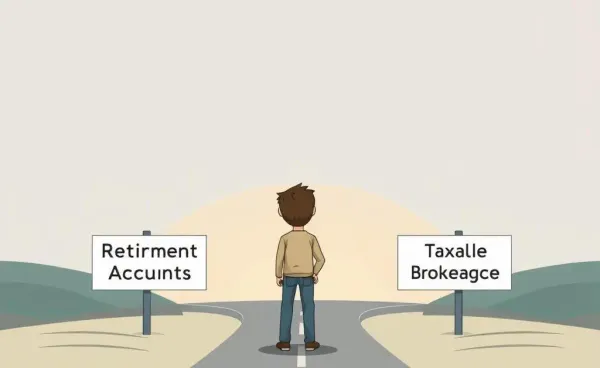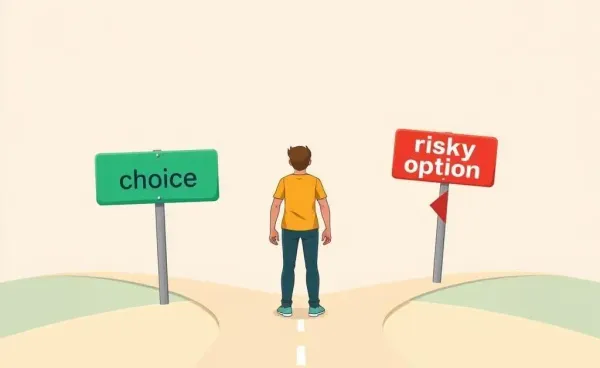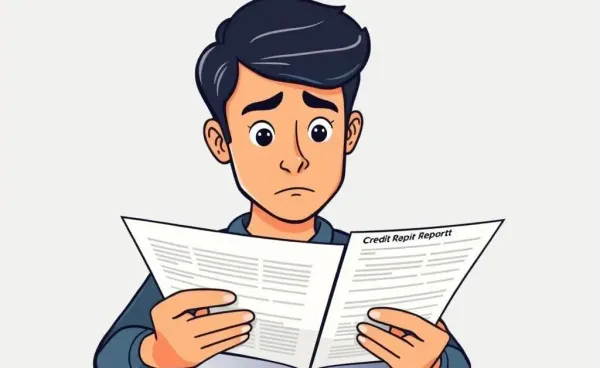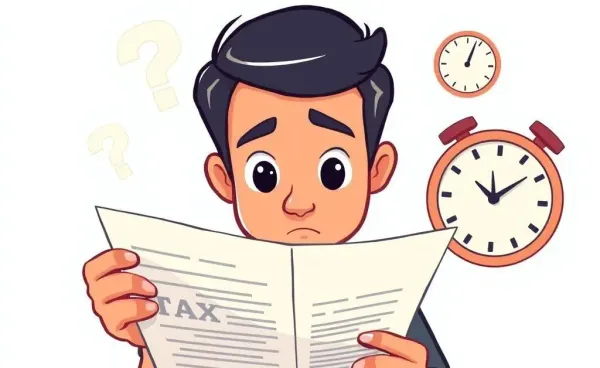Demystifying Personal Finance: Your Beginner's Guide to Money Management
Decode personal finance with insights on budgeting, saving, and investing.

Welcome to Your Personal Finance Journey
Hey there! If you're just getting started with personal finance, you've landed in the right spot. Managing money can feel like a juggling act, but trust me, it's more about balance than perfection. Whether it's setting up a budget, building an emergency fund, or making sense of investments, let's break it down together.
Budgeting: Your Financial Blueprint
Creating a budget is like drawing a map for your finances. It helps you see where your money is going each month. Start by listing your income sources and fixed expenses—like rent and bills. Once you have these outlined, you can allocate what's left to savings and discretionary spending.

The Importance of Saving
Saving money can feel like a daunting task, especially with numerous temptations to spend. However, prioritizing savings is crucial. Begin with an emergency fund, ideally covering three to six months of expenses, before moving on to other savings goals.
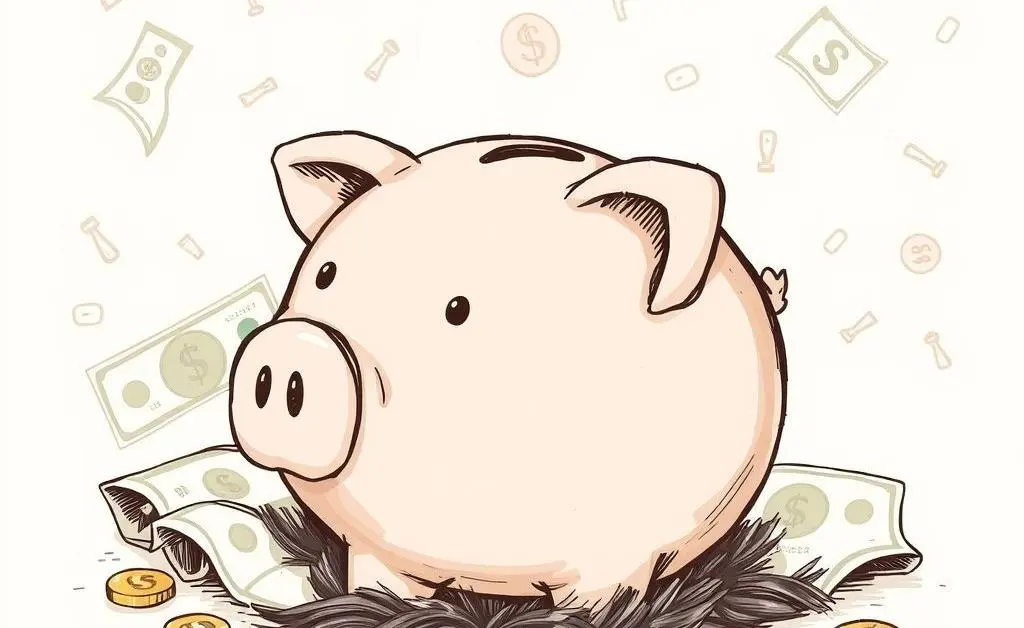
Investing: Growing Your Wealth
Investing might sound intimidating, but it doesn't have to be. Start small, and as your confidence grows, so can your portfolio. Consider starting with a retirement account like a 401(k) or an IRA. These accounts offer tax advantages that can be beneficial long term. Always remember to diversify your investments to manage risk while aiming for growth.

Managing Debt Wisely
Debt can be a financial burden but managing it wisely can ease the stress. Focus on paying down high-interest debt first, like credit cards. Consider consolidating your debts into a lower-interest loan if it helps you manage payments better. Always aim to pay more than the minimum to reduce the principal amount faster.
Wrapping Up
Embarking on the personal finance journey might seem daunting at first, but remember, every little step counts. By creating a solid budget, saving diligently, and approaching investing with curiosity and caution, you'll set the foundation for financial well-being. What aspect of personal finance are you looking to explore next? Share in the comments below!

